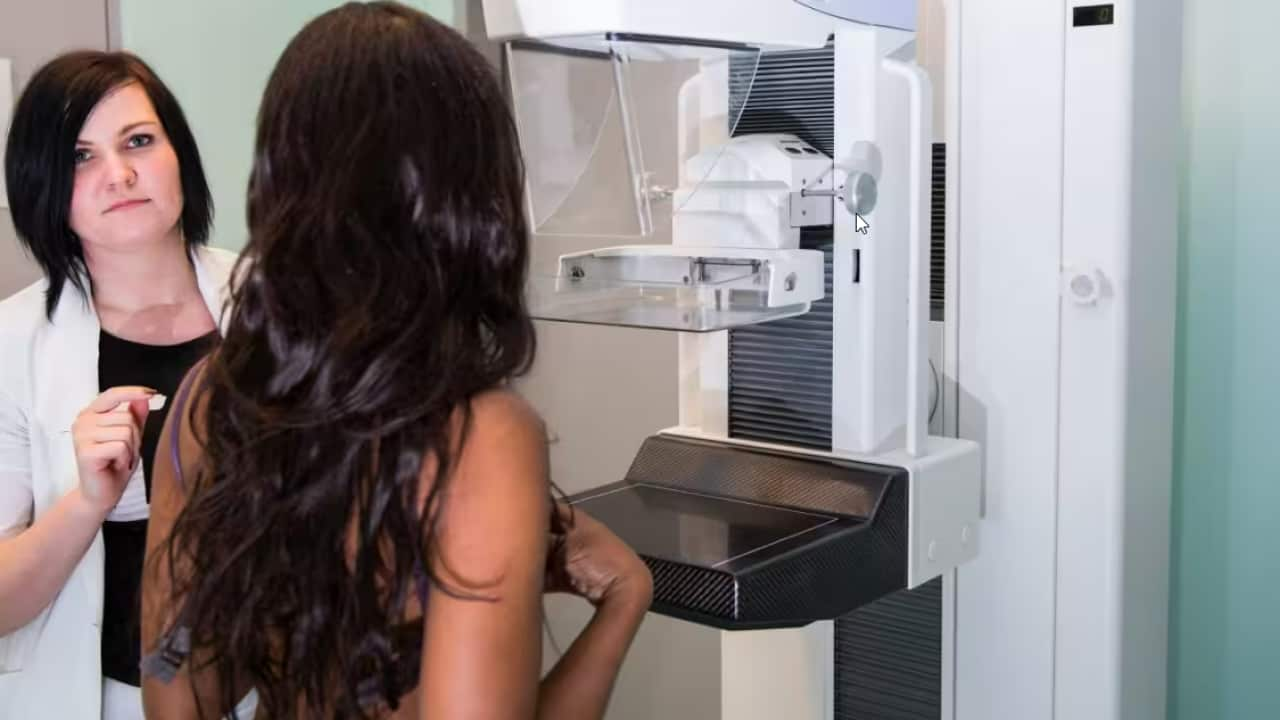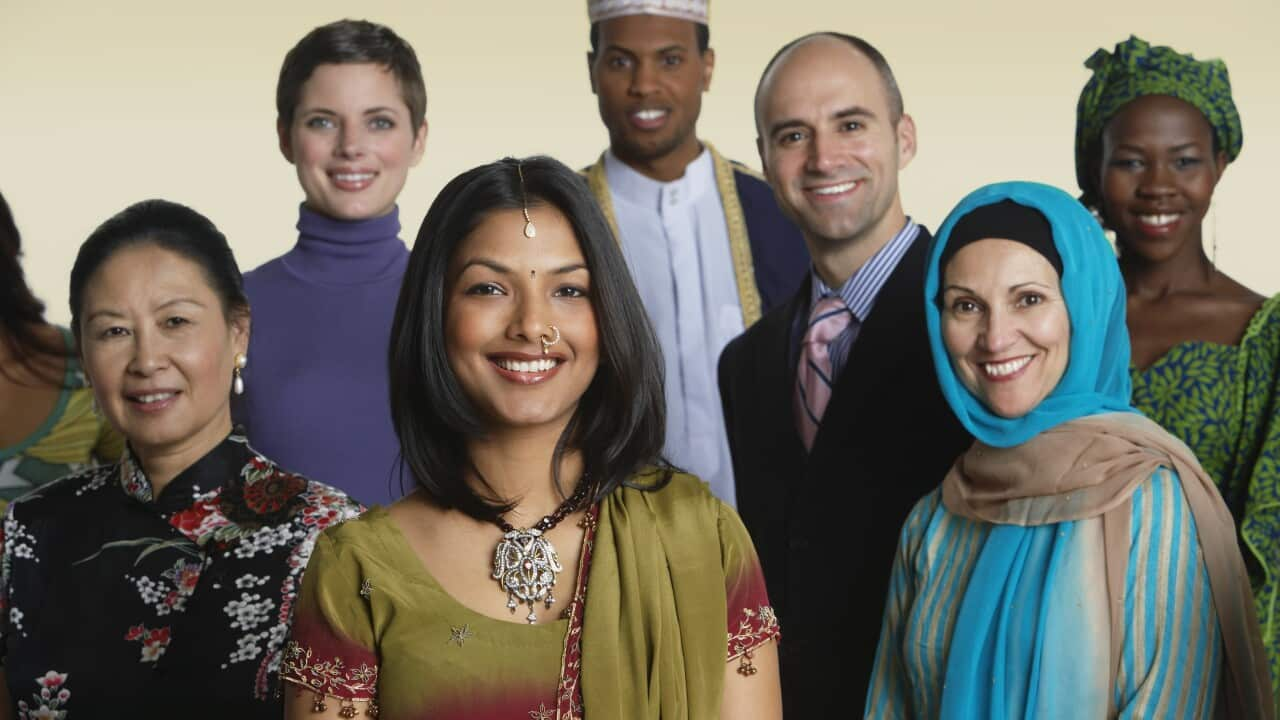Key Points
- Areas with diverse migrant populations have lower rates of cancer screening: report
- "Health communications must reflect the complexities of modern Australia."
- Advocates call for better initiatives to address stigma and cater to the screening needs of CALD communities.
The latest results from the show that many areas with a high multicultural composition seem to have lower rates of cancer screening testing, causing a disproportionate impact of many cancer types on CALD (culturally and linguistically diverse) communities.
The average national breast, bowel, and cervical cancer screening rates were 49.9%, 40.9%, and 62.4%, respectively.
However, significant differences emerged when screening rates are broken down by location and cultural diversity.
Areas with diverse migrant populations have lower rates of cancer screening: report
Sydney's Paramatta is home to the biggest population of Indian and South Asian people in Australia and has become synonymous with multiculturalism due to migration going back hundreds of years.
With over 240,000 residents, 59% do not speak English at home, according to the 2021 census.
According to the AIHW research, the western suburb recorded bowel cancer screening rates of 34.6%, while in the areas with people residing from English or European backgrounds, suburbs like Manly, Warringah, and Pittwater - the rates were relatively higher - 45.8%, 44.8%, and 46.2%, respectively.
Similarly, Mt Druitt in Blacktown, home to 370,000 people, with the most common language groups being Punjabi, Hindi, Tagalog, and Arabic, recorded a 29.2% screening rate.

Source: AAP
Wyndham recorded breast cancer screening rates of 37.3%, while the southeastern councils of Bayside, Boroondara and Glen Eira had significantly higher rates of screening - 48.3%, 48.1%, and 47.2% respectively.
The difference was again significant for cervical cancer screening rates. Wyndham recorded a screening rate of 56.6% compared to Melbourne's Bayside where rates stood at 76.9%.
Stigma in the community

Advocates call for better initiatives to address stigma and cater to the screening needs of CALD communities. (Image for representation only)
"I work in Epping, a northern suburb known for its migrant population, especially of Indian origin. I had expected many women would come for breast cancer screenings, but I have not seen active participation from this group ever since I started working as a radiographer in 2005.
"Several factors like cultural beliefs and lack of awareness prevents migrant people from participating in screening," she said.
The Australian government has set up free screening programs encouraging more women from all backgrounds to get regular check-ups.
Talking about the importance of regular screenings, Ms Singh said early cancer detection increases the chance of successful treatment.

Source: AAP
Associate Professor Reema Harrison, a health systems researcher at the Australian Institute of Health Innovation at Macquarie University, works to build engagement between health services and CALD communities.
Ms Reema said that many common cancers disproportionately affect CALD communities, and the current initiatives to promote cancer screening activities do not cater to the needs of these communities.
"Awareness of and access to screening programs, along with clear information about how to conduct at-home testing processes, are essential for cancer screening to promote the health of CALD communities," she said.
Kwabena Ansah, Head of Communities at The LOTE Agency (Languages Other Than English), said Australia is now a predominantly migrant country with more than half (51.5%) of the 25.5m population born overseas or have at least one parent born overseas and this needs to be factored in while engaging with CALD communities.
"What we'd like to see is for government health messaging to reflect the complexities of modern Australia and to be delivered to the right people in the right way," he said.




